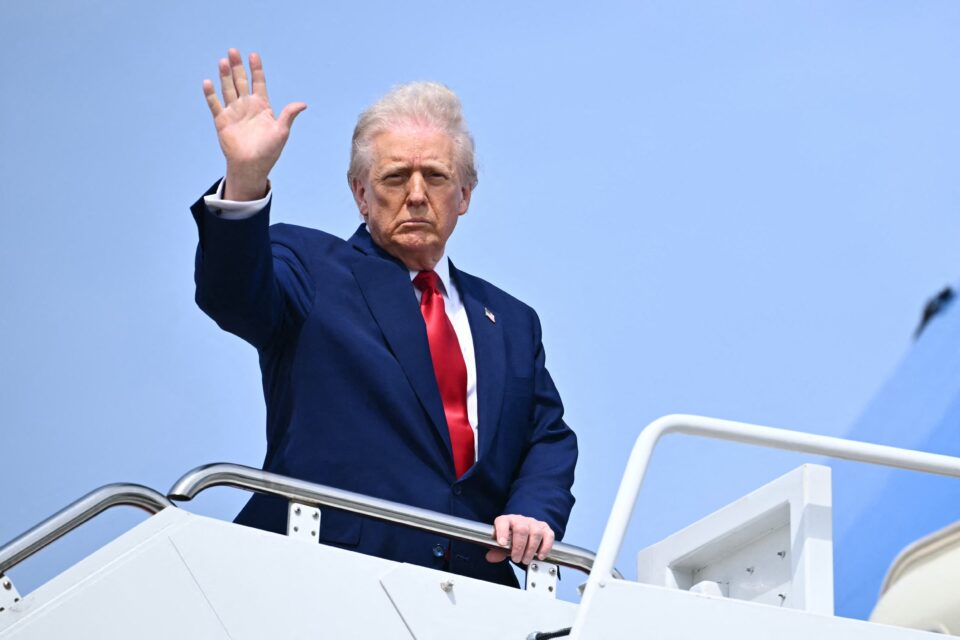
The economic fall-out from President Donald Trump’s “Liberation Day” tariffs just keeps getting worse and worse.
After the S&P 500 plummeted 4.8 percent on Thursday—its worst single-day loss since 2020—futures fell by another 0.3 percent, suggesting Friday will be another rough trading day, The New York Times reported.
Nasdaq 100 futures fell 0.1 percent, and the Dow Jones Industrial Average was down 0.4 percent, according to Bloomberg.
Stocks in Europe were also down about 1 percent on opening, with bank stocks among the hardest hit as investors worry about slowing economic growth, the Times reported.
Asian markets fell as well on Thursday, but U.S. stocks took by far the biggest beating.
The president announced a baseline import tax of 10 percent on products from every country in the world late Wednesday afternoon—which, in an Orwellian twist, he deemed “Liberation Day”—then hit products from about 60 countries with additional duties ranging from 20 percent to 49 percent. Companies in the United States will pay the tax, with the costs typically passed along to the consumer.
“The market is giving big thumbs-down to this tariff policy,” Yardeni Research President Ed Yardeni told Bloomberg TV. “I hope the message that the stock market is sending to the administration is being heard.”
The administration, however, is doing its best to downplay the economic pain.
After plunging U.S. stocks erased $3 trillion in collective value, Trump compared the U.S. economy to a “patient that was very sick” that had to be operated on and is now on the path to healing.
In that case, the patient’s vital signs are looking awfully weak.
Analysts at JPMorgan now say there’s a 60 percent chance of global recession this year—up from a 40 percent chance the day the tariffs were announced, the Wall Street Journal reported.
Already, months of Trump’s erratic tariff policy had caused the stock market to fall, consumer confidence to drop and investors to express alarm.
Following Thursday’s market nosedive, Vice President JD Vance said it was just “one bad day” and predicted that before long the markets would be booming again.
The administration is apparently hoping the tariffs will be temporary, as Trump has said he’s open to reducing them if other nations offer something “phenomenal.”
Major trading partners including China and the European Union have, however, pledged to retaliate.
“We are already finalizing the first package of countermeasures in response to tariffs on steel, and we are now preparing for further countermeasures to protect our interests and our businesses if negotiations fail,” European Commission President Ursula von der Leyen said Thursday.
Trump, meanwhile, plans to spend the weekend golfing.

